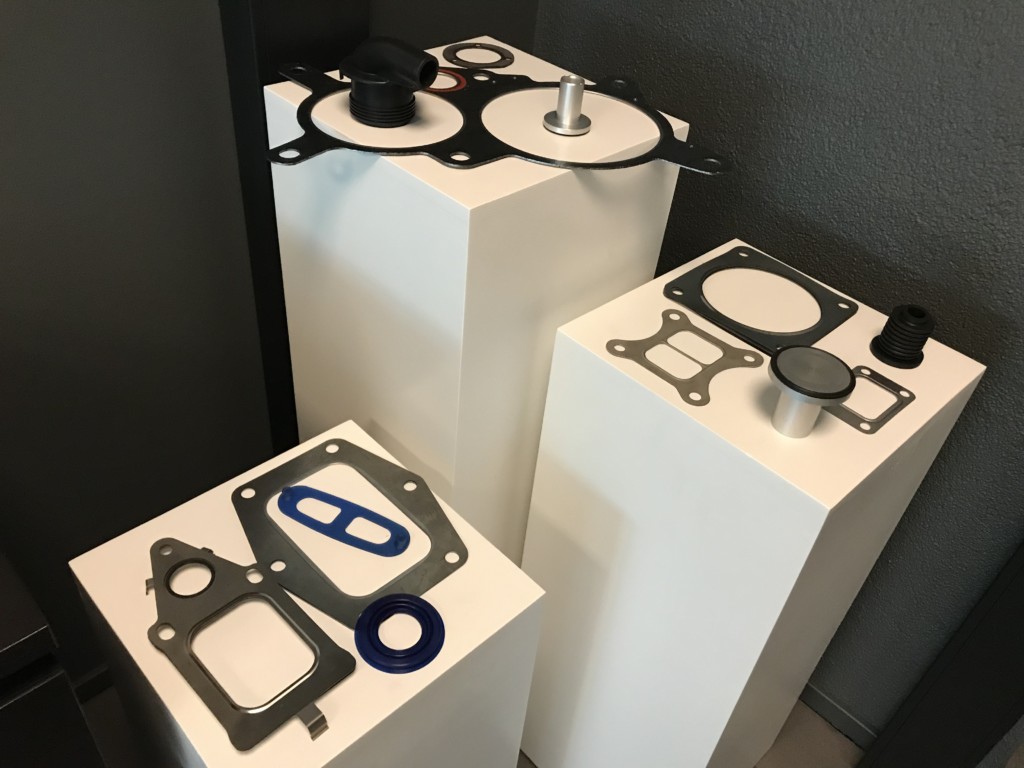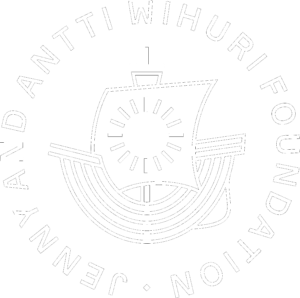From Innovations to Products with the Help of PoDoCo
A new type of material developed at the University of Turku is applied to production at TT Gaskets in Tampere. Post Docs in Companies (PoDoCo) program grants were awarded to 11 collaborations of doctors and companies.
In the Spring 2023 application round of the Post Docs in Companies program (PoDoCo), 11 cooperation projects of postdocs and companies receive funding.
A new type of anti-counterfeit material is being investigated in the PoDoCo collaboration of PhD Ian Machado from the University of Turku, and Tampere-based, globally operating company TT Gaskets.
“TT Gaskets has been researching various anti-counterfeiting methods under the leadership of smart product expert Jaakko Niukkala for several years. These methods include both physical markings, such as product numbers and serial numbering, on products with laser and ink jet, as well as product identification at the software level, which are based on individual QR codes,” says Aleksi Arpiainen, CEO of TT Gaskets.
This research has been documented in TT Gaskets’ blog series, and that’s how the Intelligent Materials Chemistry group from the University of Turku found the company.

“They said that they had developed a material that would also be suitable for making markings that are invisible to the eye, and we were immediately interested in exploring its potential in our own applications. We did development work together with the research group, experimenting with mixing the substance with silicone, which we screen-printed into gaskets to improve their sealing properties. The results were promising, so we decided to continue the collaboration.”
Ian Machado will continue the research with the help of PoDoCo. He thinks that development of uses for smart photochromic materials is a good example of extending the partnership between the academy and industry.
“Among many challenges, optimizing the markers production and concentration can be cited, together with designing new infrastructures for this new approach”, says Machado.
“Our goal at is to find out how photochromic material would be easiest to apply to our own work, what conditions it can withstand and how low concentrations it can still be detected. If successful, the project may not only improve the recognizability and safety of our products, but also to commercialize the material for other companies operating in the spare parts market, for example by means of a license model. At best, this would bring significant growth to our business,” Arpiainen describes.
Funded by foundations
The PoDoCo program, launched in 2015, has already provided 234 PhDs to companies. PoDoCo has received applications for 444 projects since 2015. As a result of fully implemented PoDoCo projects, 90 percent of grant recipients have been employed by a partner company.
The PoDoCo program is led by DIMECC and funded by the Jenny and Antti Wihuri Foundation, Maa- ja vesitekniikan tuki ry, Svenska Kulturfonden, The Society of Swedish Literature in Finland (SLS), Finnish Foundation for Technology Promotion, KAUTE Foundation, Foundation for Economic Education, Maj and Tor Nessling Foundation, and The Paulo Foundation, investing a total of approximately 800,000 euros every year, which enables over 24 full-year grants each year.
Regardless of the industry, any company and any person who has recently completed a doctoral thesis or is about to defend it can participate in the program: www.podoco.fi.
PoDoCo autumn application round is open 15.9.- 31.10.2023






